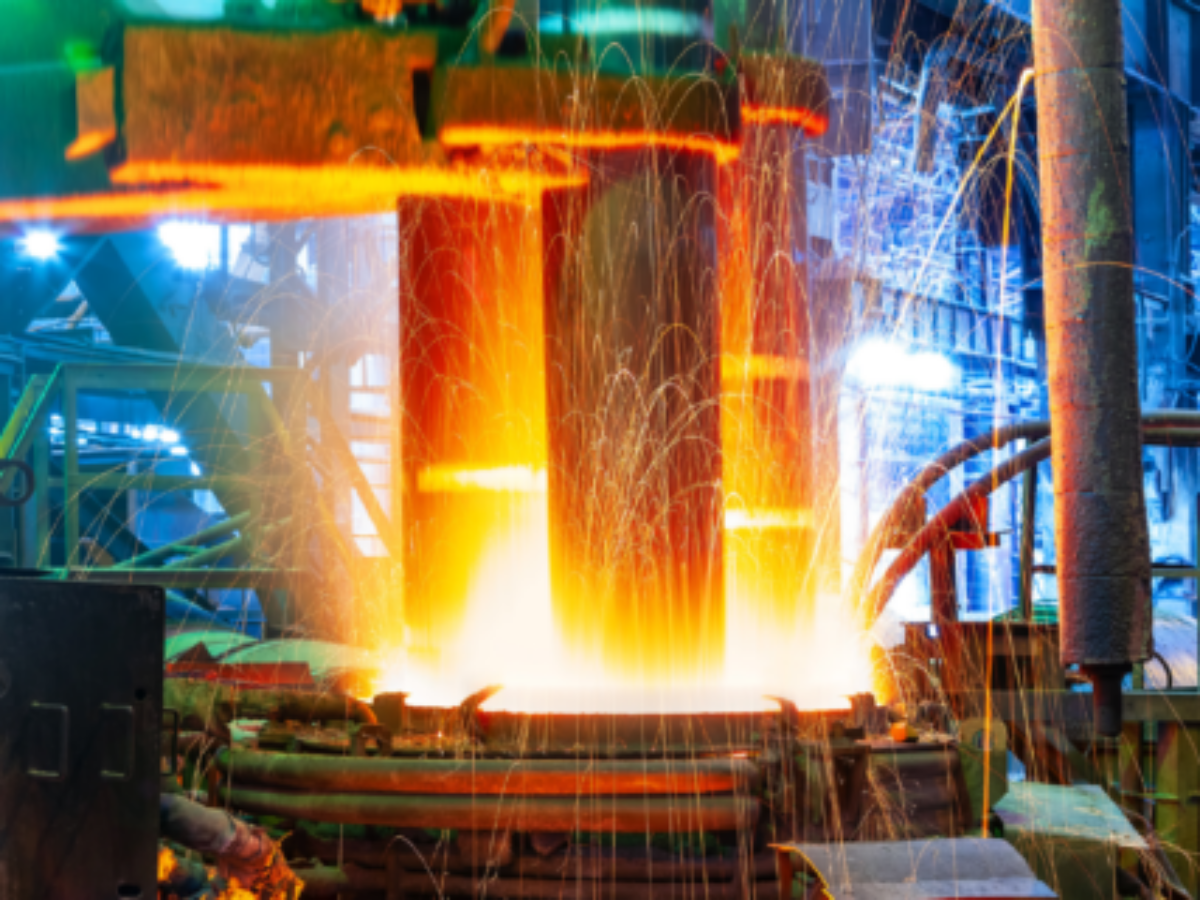Manufacturing news briefs — stories you might have missed

Zip Water launches environmental impact calculator
Zip Water launched a new environmental impact calculator tool at its recent annual conference. According to a statement this week from the water appliance maker, the new tool — developed with consultancy Edge Environment — can accurately quantify the environmental impact of Zip's HydroTap products. It takes into account components across the full life cycle of the HydroTap, including acquisition of raw materials, manufacturing, distribution, usage, and disposal, and compares it to relevant alternative products. Managing Director of Australia and New Zealand, Mike Abbott, said: “For the first time, we can share this important information with our stakeholders and they can see, by selecting the relevant variables of the Environmental Impact Calculator, just how much of an impact they are having in reducing single-use plastics, by installing and using a Zip HydroTap.” The calculator is available from Zip's website.
Climate Council report outlines green manufacturing opportunity
Australia’s biggest economic opportunity in the global shift towards net zero emissions is in green metals, according to a new report by the Climate Council, but changed policy settings are needed. Australia’s Clean Industry Future: Making Things Here in a Net Zero World says that the country's biggest industrial emitters need to cut pollution to stay globally competitive or risk being left behind in a decarbonising world. Nicki Hutley, Climate Councillor and independent economist, said, “Australia’s heavy industries – including steelmaking, aluminium and metal production, cement, and chemical production – will need to undergo a big transformation, but the good news is that we have the resources and know-how to do this.” Recommendations include Prioritising crucial domestic industries which have a long-term future in a net zero world in federal government's safeguard mechanism, rather than making them carry the weight for new, highly-polluting coal and gas projects; directing government support to sectors like steel, aluminium, cement and chemicals so they can undertake technology trials, buy new equipment and update their facilities, rather than subsidising fossil fuels; and requiring large emitters – particularly fossil fuels – to deliver genuine emissions reductions.
TGA fines complementary medicines manufacturer
The Therapeutic Goods Administration (TGA) said it has issued 12 infringement notices totalling $159,840 to Contract Manufacturing & Packaging Services, a manufacturer of listed complementary medicines, for allegedly breaching the conditions of its manufacturing licence. A recent TGA inspection identified unacceptable manufacturing practices at the company, the agency said in a statement. TGA said the company retested products without taking the required steps to determine the root cause of failures, identifying this as “a systemic problem which goes against globally accepted Good Manufacturing Practices (GMP).” It added that it had worked closely with the company to address the GMP failures since the breaches, with infringement notices “in response to past breaches and manufacturing can continue. No disruption to the supply of their products is expected because of this action.”
BCA, CII sign new Australia-India agreement
A new MoU has been signed between the Business Council of Australia and the Confederation of Indian Industry (CII), which the BCA says “will help build relationships, boost cooperation and facilitate a revitalised CEO Forum to be held annually.” The BCA said on Friday that the MoU was signed at the conclusion of a CEO Forum including “the biggest investors and employers from both nations” and witnessed by prime minister Anthony Albanese. “India will be critical to realising Australia’s ambitions in areas like clean energy, critical minerals and education, and Australia has the products and services India needs to keep growing,” said BCA CEO Jennifer Westacott. “This can’t be about a fleeting visit every few years, Australia and our businesses are aiming for ongoing engagement and to build the relationships we need to keep it going… Businesses are ready but we’ll need to work with government to get the signals right, attract new investment and lift living standards at home and in India.” The MoU can be read here.
Australian-first vanadium electrolyte factory to be built
The upcoming $26 million Townsville Vanadium Battery Manufacturing Facility will be the first of its kind in Australia. Vecco announced this week that it will build a commercial-scale vanadium flow battery electrolyte manufacturing facility, creating chemicals used in grid-scale vanadium flow batteries. Construction of the facility is being supported through the Queensland government's Industry Partnership Program, and the facility will support the development of Vecco’s Debella Critical Minerals Mine. Production is expected to begin later this year, with nine megalitres of electrolyte produced annually and 21 employed when it is fully operational. Vecco Group Managing Director Thomas Northcott said, “This manufacturing facility will be a key enabler for vanadium flow batteries in the Queensland grid. We’ll be able to integrate mining and manufacturing and apply our expertise in critical minerals into the downstream supply chain to assist Queensland to achieve its renewable energy target.”
Picture: credit www.awu.net.au
Topics Manufacturing News
@aumanufacturing Sections
Analysis and Commentary Awards casino reviews Defence Gambling Manufacturing News Online Casino Podcast Technology Videos





